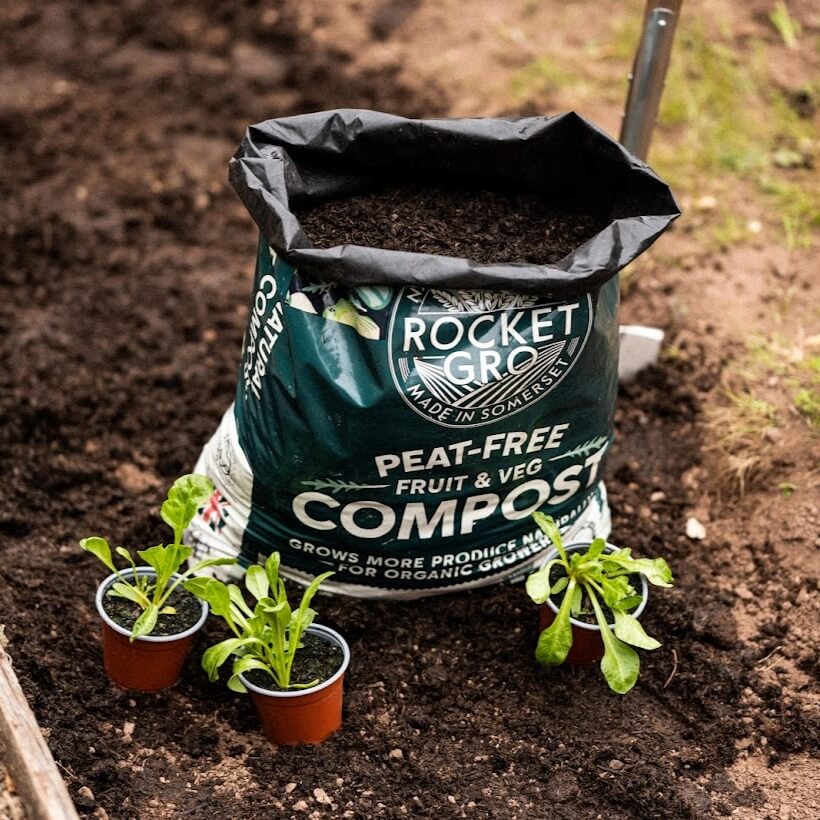It’s not common to put compost in the freezer, but it is technically possible. However, there are a few important considerations to keep in mind:
- Freezing Delays Decomposition: Composting relies on microbial activity to break down organic matter. Freezing the compost will essentially halt this microbial activity. So, while freezing can preserve the materials in your compost, it won’t continue the decomposition process.
- Space and Convenience: Freezing compost may not be the most practical or space-efficient method, especially if you have limited freezer space.
- Odor Control: Freezing compost can help control odors, which might be beneficial if you have a small kitchen or live in an apartment. However, there are other odor control methods, like using a sealed compost container or regularly emptying the container, that may be more practical.
- Selective Freezing: If you choose to freeze compost, consider doing it selectively. For instance, you might freeze scraps that attract pests or release strong odors, while keeping other composting materials at room temperature to continue decomposition.
Contents
What Happens If Compost Freezes?
When compost freezes, several things can happen:
- Microbial Activity Stops: Freezing inhibits the activity of the microorganisms responsible for decomposition. This means that the composting process essentially pauses until it thaws.
- Texture Changes: Freezing and thawing can cause the water in the compost to expand and contract, potentially breaking down cell walls and helping with further decomposition when it thaws.
- Odor Control: Freezing compost can help control odors while it’s frozen, which can be especially useful in small kitchens or areas where odor management is a concern.
Should I Put My Compost in the Fridge?
While it’s possible to store a small amount of compost in your fridge, it’s not a common practice, and there are some important considerations:
- Space: Fridge space is typically limited and valuable for storing food. Using it to store compost may not be practical if you have limited fridge space.
- Temperature: While a fridge is cool and will slow down decomposition, it’s not cold enough to freeze the compost completely. As a result, it may not preserve compost materials as effectively as freezing.
- Odor Control: Storing compost in the fridge can help control odors in the short term, but it’s not a long-term solution, and the compost will still need to be dealt with eventually.
In most cases, it’s more practical to manage your compost with other methods, such as using a sealed compost container, emptying it regularly, or using odor-absorbing materials like baking soda to control smells. Freezing or refrigerating compost is an option, but it may not be the most efficient or effective way to manage your composting materials.
How Use Your Freezer With Compost?
Composting using your freezer is an unconventional but viable method for managing kitchen scraps and compostable materials in small spaces or during certain situations. Freezing compostable materials can help preserve them until you’re ready to add them to your outdoor compost bin or when you have time to process them. Here’s how to compost using your freezer:
Materials You’ll Need:
- Freezer-safe containers or bags
- Kitchen scraps and compostable materials (e.g., fruit and vegetable peels, coffee grounds, eggshells, tea bags)
- Access to an outdoor compost bin or pile
Step-by-Step Instructions:
- Collect Compostable Materials:
- Gather kitchen scraps and compostable materials as you would for traditional composting. This can include fruit and vegetable scraps, coffee grounds, tea bags, eggshells, and other non-meat, non-dairy items.
- Prepare Containers or Bags:
- Use freezer-safe containers or resealable bags to store the compostable materials. Make sure the containers or bags are clean and odor-free.
- Store Materials in the Freezer:
- As you accumulate compostable materials, place them in the containers or bags. Seal them tightly to prevent odors and moisture from escaping. Label the containers or bags if necessary to keep track of the contents.
- Regularly Add to Your Freezer Compost:
- Continue adding compostable materials to your freezer containers or bags as you generate them. It’s essential to avoid adding meat, dairy, or oily items, as these can create odors and are not ideal for freezer composting.
- Empty the Freezer:
- When your freezer containers or bags are full or when it’s convenient for you, empty the frozen compostable materials into your outdoor compost bin or pile.
- Thaw Before Adding:
- Before adding the frozen materials to your outdoor compost, allow them to thaw. This may take some time, depending on the size and density of the frozen material. Thawing can be expedited by breaking the frozen material into smaller pieces.
- Mix and Cover:
- Once the frozen compostable materials have thawed, mix them into your outdoor compost and cover them with a layer of brown materials (e.g., dried leaves, straw) to balance the carbon-to-nitrogen ratio.
- Monitor and Maintain:
- Continue managing your outdoor compost as you typically would, turning it to promote aeration, monitoring moisture levels, and ensuring proper decomposition.
Using your freezer for composting is a useful strategy when dealing with limited space, avoiding unpleasant odors in your kitchen, or when outdoor composting is temporarily impractical due to weather conditions. While it may not be the most efficient composting method, it can be a convenient way to reduce food waste and make use of kitchen scraps.


